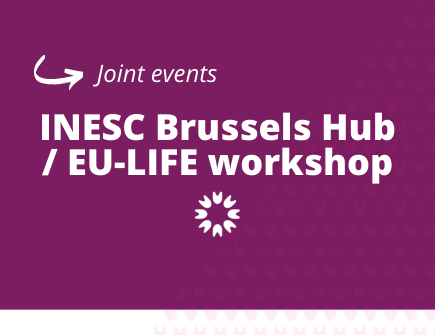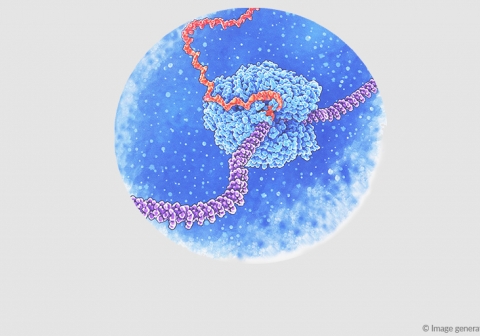Joint INESC Brussels Hub/EU-LIFE workshop: Research Careers and Research Assessment
Recognition, visibility, mobility, inclusiveness, precarity. These are but a few of the challenges that researchers face nowadays. Promoting rewarding and inclusive research careers is key for Europe to unlock the impact that science has to offer to the world. Due to reduced funding, academic research careers are overly competitive and opportunities to become a research leader are narrowing for current generations of early stage researchers, bringing to light several shortcomings on how research and researchers are evaluated and promoted and pushing for a reform of the research assessment in Europe. On the other hand, the perception of success in science is broadening and diversity of options are becoming more and more attractive. Research jobs in industry or careers at the interface of science both in academia and government sector are becoming increasingly popular.
In this session, we will bring the voice of early and later career stage researchers, research organisations and funding bodies to debate the challenges of research careers in Europe and how too overcome them. Starting with flash talks from the invited speakers, the session will consists of a round table debate with Q&A from the audience.
Panel
- Marta Agostinho (Executive Director, EU-LIFE), moderator and bringing the example of what can be done at institutional level (EU-LIFE hands-on guide, etc.)
- Fernanda Bajanca (Chair of the Executive Committee, Marie Curie Alumni Association) – representing junior researchers, post-docs, initial career phase
- Isabelle Vernos, (Group Leader, Cell and Developmental Biology, Centre for Genomic Regulation (CRG) – representing the point of view of a senior researcher on the challenges of attracting and promoting researchers
- Matttias Marklund (Secretary General for Natural and Engineering Sciences, VINNOVA Swedish Research Council) – what is the role of funding agencies in the promotion of research careers and what type of concrete measures/what are the core trends to allow higher retention of talent in scientific community, promoting mobility, etc.
- António Gomes Martins (Senior Researcher at INESC Coimbra) – representing a successful institution in a region where mobility and brain drain are a constant challenge, what are the concrete measures for retention, attraction, what challenges (Widening view point)












